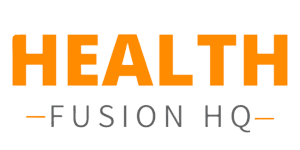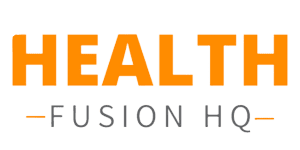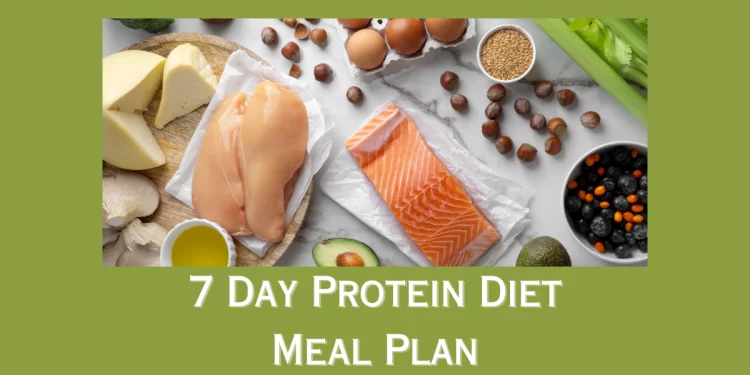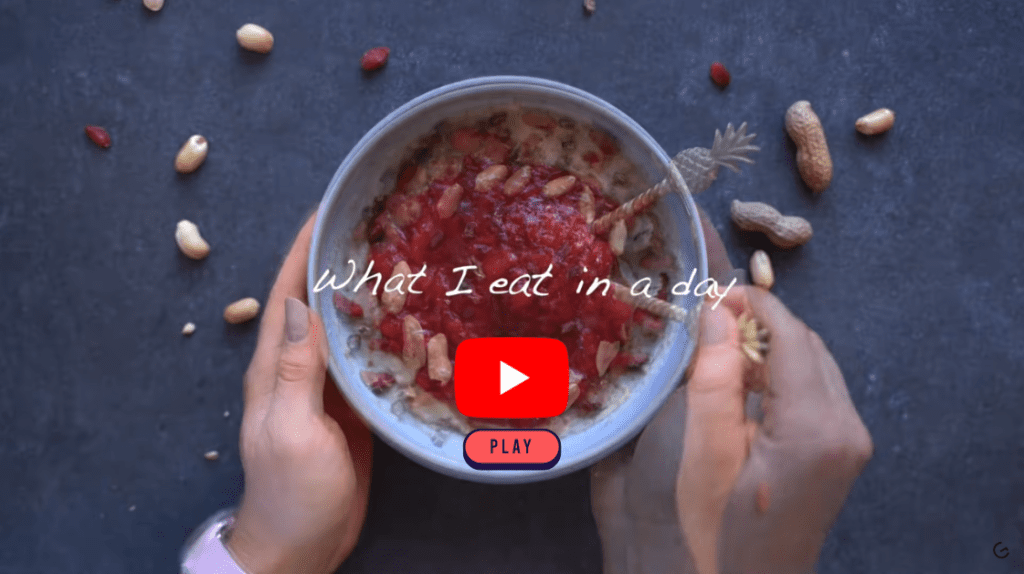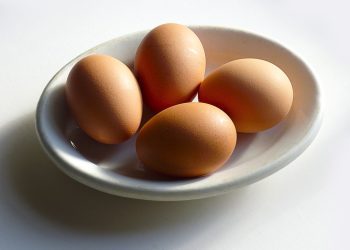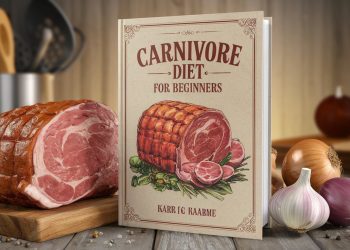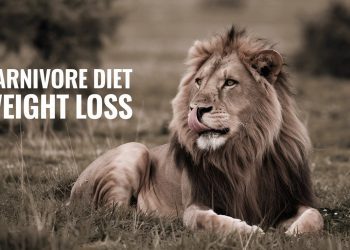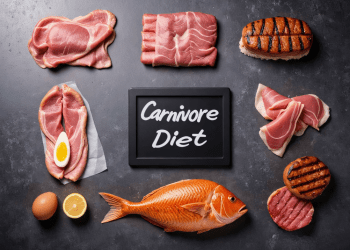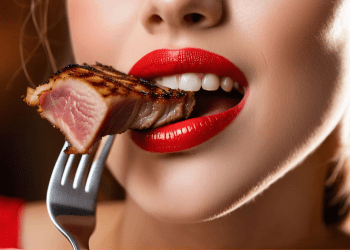A protein-rich diet is known for its numerous health benefits, including increased muscle mass, weight loss, reduced cravings, and improved metabolism. The 7 Day Protein Diet Plan is a structured approach to incorporate high-protein foods into your meals for a week to achieve these benefits.
This diet plan provides a variety of lean protein sources, healthy fats, and fiber-rich vegetables. Implementing this plan can help kickstart your weight loss journey or improve your overall fitness goals. However, it is important to be aware of potential side effects such as dehydration, nutrient deficiencies, and digestive issues.
By following the tips for success and taking necessary precautions, you can successfully experience the benefits of the 7 Day Protein Diet Plan while safeguarding your health.
| Key Takeaways |
| The 7 Day Protein Diet Plan focuses on incorporating high-quality lean meats to fuel your body with protein. |
| This diet plan aims to increase muscle mass, promote weight loss, reduce cravings, and improve metabolism. |
| Adequate protein consumption, distributed throughout the day, is essential for building muscle. |
| Protein has a higher thermogenic effect, reducing appetite and increasing calorie burning. |
| Including healthy fats and fiber-rich vegetables complements the protein-rich meals. |
| Hydration, proper portion control, and exercise are important considerations for success. |
| Consultation with a healthcare professional is recommended, especially for individuals with health conditions or specific dietary needs. |
Benefits of a High Protein Diet
Boost your health and achieve your fitness goals with a high protein diet! Discover the incredible benefits that await you in this section. From increased muscle mass to weight loss, reduced cravings, and improved metabolism, we’ll unearth the secrets behind the power of protein. Say goodbye to sluggishness and hello to a stronger, leaner you. Get ready to uncover the science-backed advantages of a protein-rich lifestyle.
1. Increased Muscle Mass
The 7 Day Protein Diet Plan offers several benefits, one of them being increased muscle mass. Here are some key factors to consider regarding this aspect:
- Protein consumption: To increase muscle mass, it is important to consume an adequate amount of protein. This can be achieved by including lean protein sources in your meals, such as chicken breast, turkey, fish, tofu, and Greek yogurt.
- Daily protein intake: The recommended daily protein intake for individuals looking to build muscle is around 0.8-1 gram of protein per pound of body weight. For example, if you weigh 150 pounds, you should aim for 120-150 grams of protein per day.
- Distribution of protein throughout the day: It is beneficial to spread out your protein intake evenly throughout the day. This ensures a continuous supply of amino acids to support muscle growth and repair.
- Resistance training: Along with a high protein diet, engaging in regular resistance training exercises is crucial for increasing muscle mass. Strength training exercises that target major muscle groups, such as squats, deadlifts, and bench presses, can promote muscle growth.
- Adequate calorie intake: In order to build muscle, you need to consume enough calories to support your body’s energy needs. It is important to include a balance of carbohydrates and healthy fats in your diet to provide the necessary fuel for muscle growth.
Incorporating these factors into your 7 Day Protein Diet Plan can contribute to increased muscle mass and help you achieve your fitness goals.
2. Weight Loss
The benefits of a high protein diet for weight loss are well-documented and supported by evidence. There are several key reasons why incorporating a high protein diet can aid in weight loss:
- Increased metabolism: One of the advantages of protein is that it has a higher thermogenic effect compared to carbohydrates and fats. This means that it requires more energy to digest and absorb, thereby boosting your metabolism and helping you burn more calories.
- Reduced appetite: Protein has a satiating effect, which means it can help you feel fuller for longer. By suppressing hunger hormones and reducing cravings, protein can lead to decreased calorie intake.
- Preservation of muscle mass: When you’re on a calorie deficit for weight loss, your body may break down muscle for energy. However, consuming an adequate amount of high-quality protein can help preserve muscle mass and promote fat loss instead.
- Increase in fat burning: Protein can enhance fat burning by activating certain hormones and enzymes involved in the breakdown of fats.
As you can see, incorporating more protein into your diet can have a significant impact on weight loss. However, it’s important to note that successful weight loss also requires an overall balanced and healthy approach, which includes regular exercise and portion control.
A true story that exemplifies the benefits of a high protein diet for weight loss is Sarah’s journey. Sarah, a 35-year-old woman, had struggled with weight loss for years. After consulting with a nutritionist, she decided to increase her intake of lean protein and decrease her consumption of processed carbohydrates.
Over the course of several months, Sarah noticed remarkable changes in her body composition. She experienced steady weight loss, improved muscle definition, increased energy levels, and reduced cravings for unhealthy snacks. By focusing on a high protein diet, Sarah successfully achieved her weight loss goals and was able to maintain a healthier lifestyle in the long term.
3. Reduced Cravings and Appetite
One of the significant benefits of following a high protein diet is the reduction in cravings and appetite. Consuming more protein helps regulate your appetite and keeps you feeling full for longer periods of time.
- Satiety: Protein has a higher satiety value compared to carbohydrates or fats, meaning it helps you feel satisfied and reduces cravings. Including protein-rich foods such as lean meats, eggs, or legumes in your meals can help curb hunger and prevent excessive snacking.
- Stabilized blood sugar levels: Protein slows down the absorption of sugar into the bloodstream, preventing spikes and crashes in blood sugar levels. This helps regulate cravings, especially for sweet or sugary foods.
- Improved hormone regulation: Protein plays a role in the production of hormones that regulate hunger and fullness, such as ghrelin and leptin. Adequate protein intake can help balance these hormones and reduce cravings.
- Preserved muscle mass: A high protein diet is often associated with increased muscle mass. Maintaining or building lean muscle mass can boost your metabolism, which in turn can help control appetite and reduce cravings.
A true story that exemplifies the benefits of reduced cravings and appetite on a high protein diet involves Jane, a woman who struggled with constant cravings for sugary snacks. After adopting a high protein diet, she noticed that her cravings significantly diminished. She felt more satisfied after meals and had fewer urges to indulge in unhealthy snacks. As a result, Jane successfully lost weight and improved her overall eating habits.
4. Improved Metabolism
By incorporating a high-protein diet, you can experience the benefits of an improved metabolism. This includes increased calorie burning, a thermogenic effect, muscle preservation, improved insulin sensitivity, and appetite control. These factors all work together to cultivate a more efficient metabolism, which can contribute to successful weight loss. Additionally, an improved metabolism supports healthy weight management and overall well-being.
What to Eat on the 7 Day Protein Diet Plan
Looking to kickstart your health journey with the 7 Day Protein Diet Plan? In this section, we’ll dive into what you need to know about what to eat during this plan. From discovering lean protein sources to incorporating healthy fats and filling up on fiber-rich vegetables, we’ve got you covered. Get ready to learn about the delicious and nutritious options that will fuel your body and help you achieve your goals. Let’s dig in!
1. Lean Protein Sources
The lean protein sources that you can incorporate into the 7 Day Protein Diet Plan include:
- Skinless chicken breast
- Turkey breast
- White fish such as cod or haddock
- Egg whites
- Lean cuts of beef such as sirloin or tenderloin
- Pork tenderloin
- Low-fat cottage cheese
- Greek yogurt
- Tofu
These lean protein sources are rich in essential amino acids, which are the building blocks of protein. They provide your body with the necessary nutrients for muscle repair and growth, as well as for maintaining a healthy metabolism.
It’s important to choose lean sources of protein to minimize the intake of saturated fats and cholesterol. These lean protein sources are low in fat and calories, making them ideal for weight loss and maintaining a healthy body composition.
When incorporating these lean protein sources into your meals, be mindful of portion sizes and cooking methods. Opt for grilling, baking, or steaming instead of frying to keep the calorie content low. Additionally, try to include a variety of lean protein sources throughout the week to ensure you’re getting a diverse range of nutrients.
2. Healthy Fats
When following the 7 Day Protein Diet Plan, it is important to incorporate healthy fats into your meals. Healthy fats are essential for overall well-being and provide numerous benefits for the body.
| 1. Avocado | Avocado is a great source of healthy fats, containing monounsaturated fats that promote heart health and keep you feeling satisfied. |
| 2. Olive Oil | Olive oil is rich in monounsaturated fats and antioxidants, which can help reduce inflammation and support brain health. |
| 3. Nuts and Seeds | Nuts and seeds like almonds, walnuts, chia seeds, and flaxseeds are packed with healthy fats, fiber, and essential minerals. |
| 4. Fatty Fish | Fatty fish such as salmon, tuna, and sardines are excellent sources of omega-3 fatty acids, which promote heart health and reduce inflammation. |
| 5. Coconut Oil | Coconut oil contains medium-chain triglycerides (MCTs) that can boost metabolism and provide a quick source of energy. |
By incorporating these healthy fats into your meals, you can enhance the nutritional value of your diet and support overall well-being. However, it is important to consume them in moderation as they are high in calories. Aim to include a variety of healthy fats in your meals to enjoy their benefits while maintaining a balanced diet.
Fun fact: Did you know that incorporating healthy fats into your diet can actually help improve cholesterol levels and reduce the risk of heart disease?
3. Fiber-rich Vegetables
When following the 7 Day Protein Diet Plan, it is crucial to incorporate fiber-rich vegetables into your meals. These vegetables not only provide numerous health benefits but also aid in achieving your weight loss goals. Here are some examples of fiber-rich vegetables that you should include:
- Broccoli: This cruciferous vegetable is packed with fiber and is also a rich source of important nutrients such as vitamin C and vitamin K.
- Spinach: High in fiber, spinach is also an excellent source of iron and other essential vitamins and minerals.
- Kale: Another nutritious leafy green, kale is abundant in fiber, antioxidants, and vitamins A, C, and K.
- Carrots: Crunchy carrots not only provide a significant amount of fiber but also supply the body with beta carotene, which gets converted into vitamin A.
- Bell peppers: Vibrant bell peppers not only contain fiber but also offer vitamin C and other antioxidants that contribute to overall health.
Incorporating these fiber-rich vegetables into your meals can greatly improve digestion, increase satiety, and support a healthy metabolism. Don’t forget to include a variety of vegetables in your diet to ensure you obtain a wide range of nutrients.
To make the most of your fiber-rich vegetables, you can add them to salads, stir-fries, soups, or serve them as a side dish alongside your protein source. Experiment with different cooking methods to discover your preferred way of enjoying these nutritious vegetables.
By including fiber-rich vegetables in your 7 Day Protein Diet Plan, you can elevate your overall nutrient intake and enhance your weight loss journey.
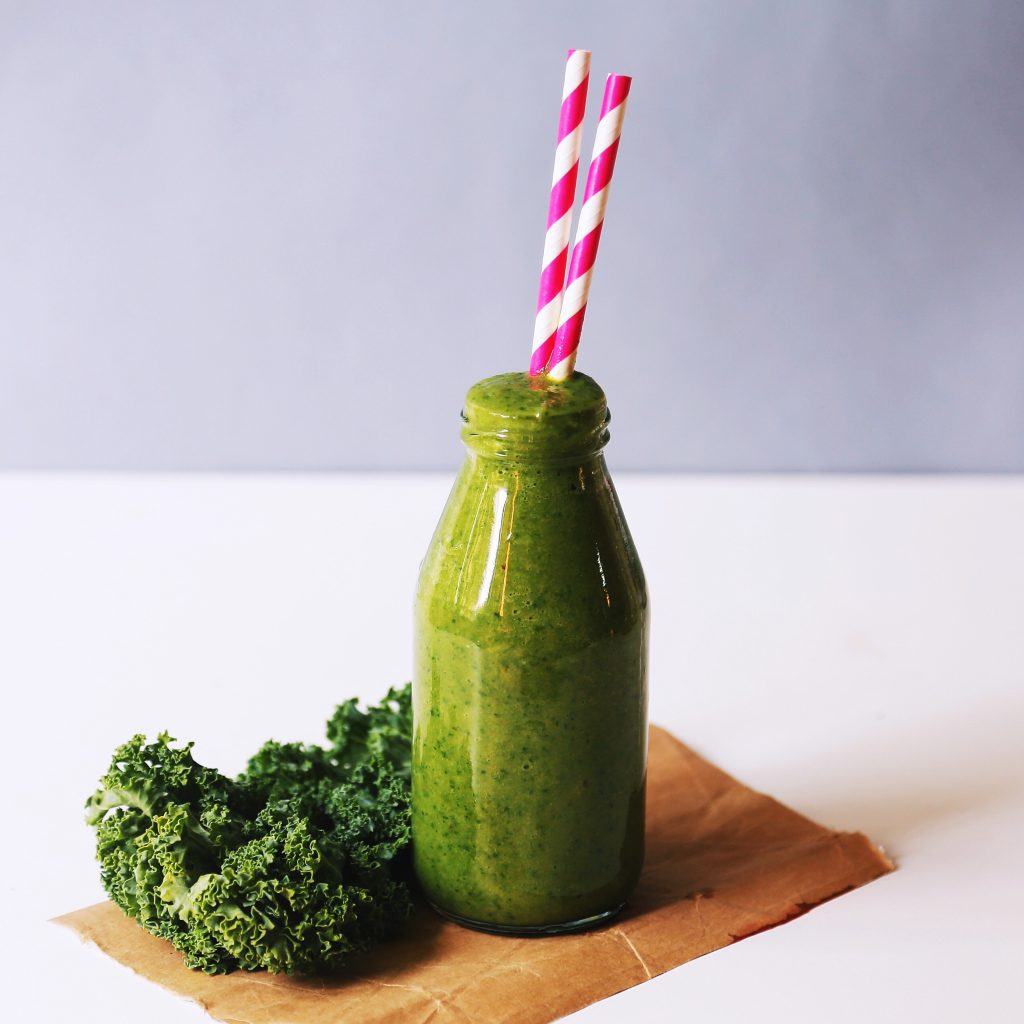
7 Day Protein Diet Plan
Discover the mouth-watering journey of a 7-day protein diet plan, filled with delicious breakfast, lunch, dinner, and snack options. From tantalizing Day 1 to satisfying Day 7, each sub-section offers a tantalizing array of protein-packed meals to fuel your body and support your fitness goals. Prepare to savor every bite as we guide you through this seven-day culinary adventure, designed to keep you energized and nourished. Let’s dive in and explore the delectable world of protein-packed goodness!
Day 1: Breakfast, Lunch, Dinner, Snacks
For day 1 of the 7 Day Protein Diet Plan, you should focus on having a balanced and protein-rich diet throughout the day. Here is a breakdown of what you can have for breakfast, lunch, dinner, and snacks:
| Meal | Food | Quantity |
| Breakfast | Scrambled eggs | 2 eggs |
| Whole wheat toast | 2 slices | |
| Avocado | 1/4 avocado | |
| Lunch | Grilled chicken breast | 4 ounces |
| Quinoa | 1/2 cup | |
| Steamed broccoli | 1 cup | |
| Dinner | Salmon | 6 ounces |
| Sweet potato | 1 medium | |
| Asparagus | 1 cup | |
| Snacks | Greek yogurt | 1 small container |
| Almonds | 1 handful |
Remember to choose lean protein sources, such as chicken breast and salmon, which are low in fat and high in protein content. Include whole grains like quinoa and whole wheat toast for added fiber and nutrients. Incorporate vegetables like broccoli, asparagus, and sweet potatoes to boost your nutrient intake. Greek yogurt and almonds make great snacks, providing protein and healthy fats.
Day 2: Breakfast, Lunch, Dinner, Snacks
On day 2 of the 7 Day Protein Diet Plan, focus on consuming a balanced mix of protein, healthy fats, and fiber-rich vegetables to nourish your body throughout the day.
| Meal | Food | Portion |
| Breakfast | Scrambled eggs | 2 eggs |
| Avocado | 1/4 | |
| Whole wheat toast | 1 slice | |
| Lunch | Grilled chicken breast | 4 oz |
| Quinoa | 1/2 cup | |
| Steamed vegetables | 1 cup | |
| Dinner | Salmon | 6 oz |
| Asparagus | 1 cup | |
| Quinoa | 1/2 cup | |
| Snacks | Greek yogurt | 1 serving |
| Almonds | 1 handful |
For breakfast, enjoy a protein-packed meal with scrambled eggs, a quarter of an avocado, and a slice of whole wheat toast. This combination will provide energy and keep you feeling full.
At lunch, opt for a grilled chicken breast, half a cup of quinoa, and a serving of steamed vegetables. This balanced plate will provide essential nutrients for your body.
For dinner, indulge in a delicious salmon fillet accompanied by a cup of asparagus and half a cup of quinoa. The omega-3 fatty acids in salmon are beneficial for heart health.
Throughout the day, have Greek yogurt as a snack for its high protein content. Additionally, enjoy a handful of almonds for a dose of healthy fats and additional protein.
Remember to drink plenty of water to stay hydrated throughout the day.
Day 3: Breakfast, Lunch, Dinner, Snacks
Here is a table outlining the meals and snacks for Day 3 on the 7 Day Protein Diet Plan:
| Meal | Menu |
| Breakfast | Protein smoothie made with whey protein powder, almond milk, and berries |
| Lunch | Grilled chicken breast salad with mixed greens, cherry tomatoes, and avocado |
| Dinner | Salmon fillet with roasted asparagus and quinoa |
| Snacks | Hard-boiled eggs and sliced cucumbers |
By following this meal plan for Day 3, you can ensure that you are getting an adequate amount of protein throughout the day. The protein smoothie in the morning will provide a good boost of nutrients, while the grilled chicken salad for lunch offers a healthy and satisfying meal. For dinner, the salmon fillet is a great source of omega-3 fatty acids, and the roasted asparagus and quinoa add fiber and additional nutrients to your meal. As for snacks, hard-boiled eggs and sliced cucumbers are convenient and protein-rich options to keep you energized between meals.
Remember to drink plenty of water throughout the day to stay hydrated. It’s important to consult with a healthcare professional or a registered dietitian before starting any new diet plan to ensure it aligns with your individual health needs and goals.
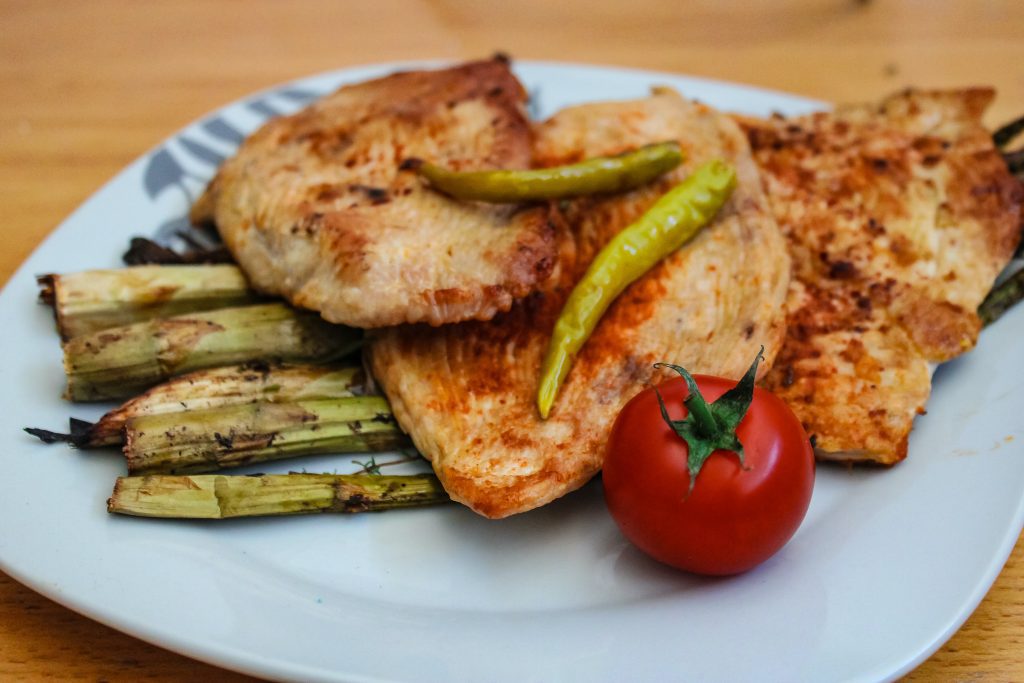
Day 4: Breakfast, Lunch, Dinner, Snacks
On Day 4 of the 7 Day Protein Diet Plan, it is important to consume a balanced and nutritious meal throughout the day. Here is a breakdown of the meals and snacks you should have:
| Meal | Food |
| Breakfast | Egg white omelet with spinach and mushrooms |
| Lunch | Grilled chicken breast with quinoa and steamed vegetables |
| Dinner | Salmon with roasted sweet potatoes and asparagus |
| Snacks | Greek yogurt with berries, almonds, and a protein bar |
For breakfast on Day 4 of the 7 Day Protein Diet Plan, opt for an egg white omelet with spinach and mushrooms. This low-fat, high-protein meal will provide essential nutrients to start your day.
During lunchtime, enjoy a grilled chicken breast paired with quinoa and steamed vegetables. This combination offers a good source of lean protein, whole grains, and fiber.
For dinner, include salmon in your meal. Serve it with roasted sweet potatoes and asparagus for a well-rounded and satisfying dinner.
Throughout the day, have healthy snacks to keep your energy levels up. Greek yogurt with berries provides protein and antioxidants, while almonds offer healthy fats. Additionally, grab a protein bar for an extra boost of protein.
Remember to drink plenty of water throughout the day to stay hydrated.
Following this meal plan on Day 4 of the 7 Day Protein Diet Plan will ensure you get the necessary nutrients and help you stay on track towards your health and fitness goals.
Day 5: Breakfast, Lunch, Dinner, Snacks
Here is the information for Day 5 of the 7 Day Protein Diet Plan:
| Meal | Food Choices |
| Breakfast | Scrambled eggs with spinach and mushrooms |
| Lunch | Grilled chicken breast salad with mixed greens, cherry tomatoes, and avocado |
| Dinner | Grilled salmon with steamed asparagus and quinoa |
| Snacks | Almonds and Greek yogurt |
On Day 5 of the 7 Day Protein Diet Plan, you will start your day with a protein-packed breakfast. Enjoy scrambled eggs with spinach and mushrooms to kickstart your morning with a nutritious and filling meal.
For lunch, opt for a grilled chicken breast salad. Use a mix of greens, cherry tomatoes, and avocado for added flavor and nutrients. This light yet satisfying meal will keep you energized and satiated throughout the day.
At dinnertime, indulge in grilled salmon served with a side of steamed asparagus and quinoa. This combination provides a balanced mix of protein, healthy fats, and fiber.
Throughout the day, you can curb your cravings with healthy snacks. Almonds and Greek yogurt make for convenient and protein-rich snack options that will keep you satisfied between meals.
Remember to hydrate yourself adequately by drinking plenty of water throughout the day. Stay committed to your protein diet plan and continue to make healthy choices to reach your health and fitness goals.
Day 6: Breakfast, Lunch, Dinner, Snacks
On the 6th day of the 7 Day Protein Diet Plan, it is important to focus on maintaining a balanced and nutritious meal plan. To start your day off right, have a protein-rich breakfast. Consider enjoying scrambled eggs with spinach and tomatoes, as eggs are a great source of high-quality protein.
For lunch, opt for a grilled chicken salad. Load it up with mixed greens, cherry tomatoes, cucumbers, and grilled chicken breast to ensure you get a good amount of protein and a variety of nutrients.
Make your dinner delicious and satisfying by having a salmon fillet served with quinoa and steamed vegetables. Salmon is an excellent source of omega-3 fatty acids and protein.
To keep your energy levels up throughout the day, have healthy snacks. You can choose to have a handful of almonds or a Greek yogurt with berries. These snacks will provide you with additional protein and healthy fats.
By following this meal plan on day 6 of the 7 Day Protein Diet Plan, you can ensure that you are consuming a balanced and protein-rich diet. Remember to drink plenty of water and stay hydrated throughout the day.
It is worth noting that incorporating a diverse range of protein sources in your diet can bring numerous health benefits. Proteins are the building blocks of life and are essential for the growth, repair, and maintenance of tissues in the body. Including a variety of protein sources in your meals, such as eggs, chicken, fish, and nuts, can help you cultivate a well-rounded and nutritious diet. Additionally, a protein-rich diet can aid in weight loss by increasing satiety and reducing cravings. Furthermore, protein is known to boost metabolism, enhancing the body’s ability to burn calories efficiently.
Day 7: Breakfast, Lunch, Dinner, Snacks
Here is a detailed breakdown of the meals and snacks for Day 7 of the 7 Day Protein Diet Plan:
| Meal | Food | Quantity |
| Breakfast | Egg White Omelet | 3 egg whites |
| Spinach | 1 cup | |
| Tomatoes | ½ cup | |
| Lunch | Grilled Chicken Breast | 4 ounces |
| Brown Rice | ½ cup | |
| Steamed Broccoli | 1 cup | |
| Dinner | Salmon | 4 ounces |
| Quinoa | ½ cup | |
| Roasted Asparagus | 1 cup | |
| Snacks | Greek Yogurt | 1 container |
| Almonds | 1 small handful |
Day 7 of the 7 Day Protein Diet Plan includes a nutritious and balanced selection of meals and snacks. Starting the day with an egg white omelet with spinach and tomatoes provides a high protein and low-calorie breakfast option. For lunch, grilled chicken breast with brown rice and steamed broccoli offers a satisfying and protein-packed midday meal. Dinner consists of salmon with quinoa and roasted asparagus, providing essential omega-3 fatty acids and fiber. Throughout the day, Greek yogurt and almonds make for nutritious and protein-rich snacks, helping to keep you satisfied and energized.
Remember, it’s important to consult with a healthcare professional or registered dietitian before starting any new diet plan, especially if you have any underlying health conditions or dietary restrictions.
Tips for Success on the 7 Day Protein Diet Plan
When following the 7 Day Protein Diet Plan, there are several tips for success that can help you achieve your goals and maintain a healthy lifestyle:
- Take the time to plan your meals in advance, ensuring you have enough protein-rich foods to meet your daily requirements. This will help you avoid impulsive and unhealthy food choices.
- Opt for lean protein sources such as skinless chicken breast, fish, tofu, and legumes. These foods are low in saturated fat and provide essential amino acids for muscle growth and repair.
- Include a variety of protein sources in your diet to ensure you are getting a wide range of nutrients. This can include poultry, seafood, dairy, and plant-based proteins like beans and quinoa.
- Drinking an adequate amount of water is crucial for overall health and can help support digestion and metabolism. Aim to drink at least 8 glasses of water per day.
- Choose protein-rich snacks to keep you satisfied between meals. Greek yogurt, protein bars, and nuts are all great options that can help curb cravings and maintain energy levels.
- Pairing your protein diet plan with regular exercise can maximize your results. Engage in both cardiovascular and strength training exercises to boost metabolism and build lean muscle mass.
- Keep a record of your meals, exercises, and how you feel throughout the week. This can help you identify patterns, make adjustments, and stay motivated on your journey.
By following these tips for success on the 7 Day Protein Diet Plan, you can optimize your nutrition, support your fitness goals, and cultivate a healthy lifestyle.
Precautions and Side Effects
When following a protein diet plan, it is important to be aware of the precautions and potential side effects that may occur. Here are some important points to keep in mind:
- Hydration: It is crucial to stay well-hydrated while on a protein diet to prevent dehydration. Aim to drink at least 8 glasses of water per day to maintain proper hydration levels.
- Digestive issues: Consuming a high amount of protein can lead to digestive issues such as bloating, constipation, and stomach discomfort. To mitigate these effects, gradually increase your protein intake and ensure you are also consuming an adequate amount of fiber.
- Kidney concerns: High protein diets can put strain on the kidneys, especially for individuals with pre-existing kidney conditions. If you have kidney issues, consult with a healthcare professional before starting a protein diet plan.
- Weight management: While a protein diet can be effective for weight loss, it is important to maintain a balanced approach. Incorporate a variety of nutrient-dense foods and don’t solely rely on protein sources for all your nutritional needs.
- Allergic reactions: Some individuals may have allergies or sensitivities to certain protein sources such as dairy or soy. Pay attention to any allergic reactions and consult with a healthcare professional if necessary.
To ensure a healthy and safe experience with a protein diet plan, it is always recommended to consult with a healthcare professional or registered dietitian. They can provide personalized guidance based on your specific needs and help you navigate the potential precautions and side effects.
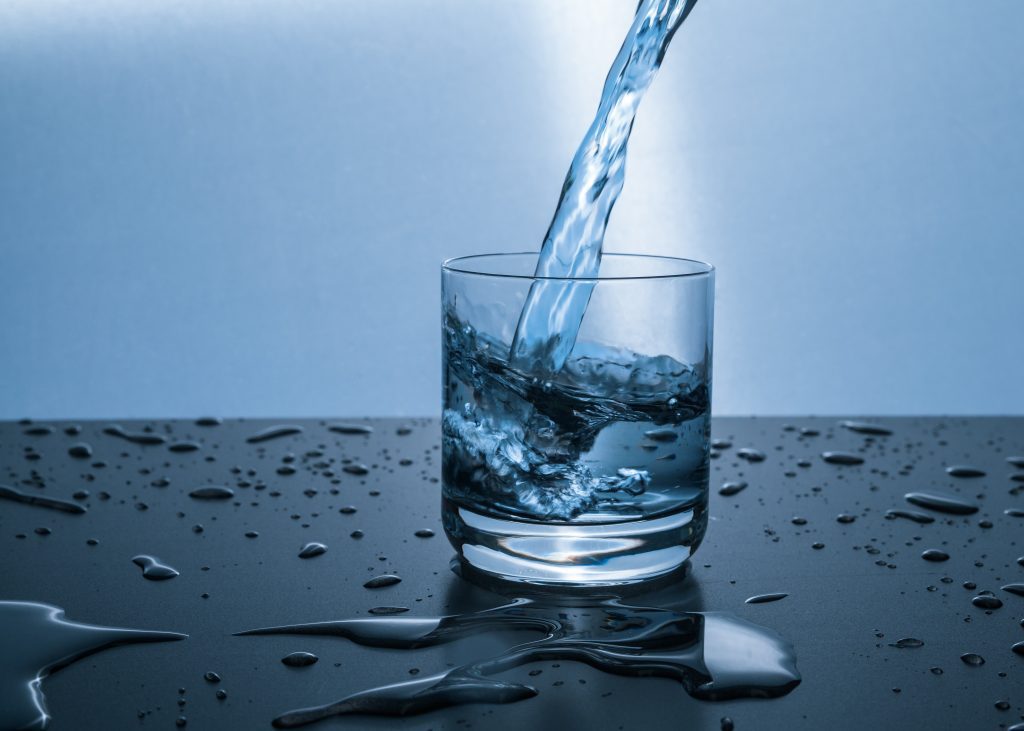
Frequently Asked Questions
Question 1: How do I determine my protein requirements for a 7-day protein diet plan?
Answer: Your protein requirements for a 7-day protein diet plan can vary based on factors like your weight, physical activity levels, and overall health. It is generally recommended to consume 0.8 grams of protein per kilogram of body weight. However, for a high-protein diet, you may need to increase your protein intake. It is advisable to consult with a healthcare provider or a nutritionist to determine your specific protein requirements.
Question 2: Can I follow a 7-day protein diet plan if I have certain health issues?
Answer: If you have specific health issues, such as kidney complications or digestive complications, it is essential to consult with a healthcare provider before starting a 7-day protein diet plan. They can assess your individual health needs and provide personalized advice to ensure the diet plan is safe and suitable for you.
Question 3: Are there any specific core food groups recommended in a 7-day protein diet plan?
Answer: Yes, a 7-day protein diet plan should include a variety of core food groups to ensure a balanced diet. These core food groups often recommended in such plans are wholegrain foods, fruits, vegetables, protein-rich foods (both animal-based and plant-based), healthy fats, and fiber. Each of these groups provides essential nutrients for overall health and wellbeing.
Question 4: How can I incorporate plant-based protein sources into a 7-day protein diet plan?
Answer: Plant-based protein sources are a great option for a 7-day protein diet plan. Contrary to popular belief, they are not inferior to animal-based sources. You can include a combination of different plant-based proteins such as legumes, nuts and seeds, tofu, tempeh, and quinoa to ensure you get all essential amino acids. Consult with a nutritionist for guidance on incorporating plant-based proteins into your diet plan.
Question 5: Can a 7-day protein diet plan help with muscle gain?
Answer: Yes, a high-protein diet, such as a 7-day protein diet plan, can support muscle gain. Protein is essential for muscle repair and growth. Including adequate protein in your diet, along with regular resistance exercise, can help promote muscle synthesis. However, it is important to note that individual results may vary, and it’s best to consult with a healthcare provider or a nutritionist for personalized advice.
Question 6: Can a 7-day protein diet plan be followed with a busy lifestyle?
Answer: Yes, a 7-day protein diet plan can be followed even with a busy lifestyle. To make it more convenient, you can plan and prepare your meals in advance by bulk prepping protein foods and utilizing the freezer. You can also consider incorporating canned proteins and using prepped foods creatively. Additionally, there are meal delivery services available that cater to fitness and can provide ready-to-eat high-protein meals. Seek support from others and consider consulting with a nutritionist for personalized guidance.
